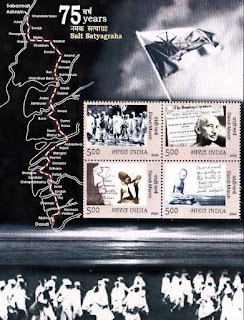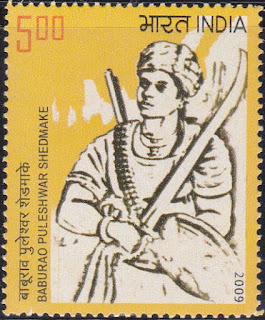On 12 March 1930, Mahatma Gandhi began the Salt March, a 200-mile march to the sea to protest the British monopoly on salt in India.
The Salt March, Salt Satyagraha, Dandi March, Dandi Satyagraha, was an act of nonviolent civil disobedience in colonial India led by Mohandas Karamchand Gandhi. The twenty four day march lasted from 12 March 1930 to 6 April 1930 as a direct action campaign of tax resistance and nonviolent protest against the British salt monopoly. Mahatma Gandhi started this march with 80 of his trusted volunteers. Walking ten miles a day for twenty four days, the march spanned over 240 miles, from Sabarmati Ashram, 240 miles to Dandi. Growing numbers of Indians joined them along the way. When Gandhi broke the salt laws on 6 April 1930, it sparked large scale acts of civil disobedience against the British Raj salt laws by millions of Indians.











